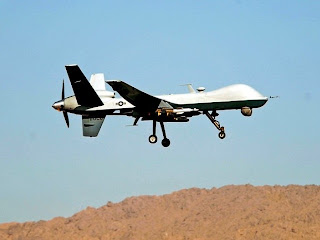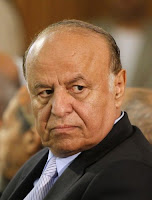Regular readers of this blog will be aware that I have been unimpressed but unsurprised with Saudi Arabia's decision not to allow women to compete in London 2012. I was therefore delighted to read the following headline written by Frank Gardner for the BBC website:
London 2012 Olympics: Saudis to allow women to compete
According to Gardner since the latest public announcement that Saudi women will not be allowed to compete there has been furious negotiation behind the scenes of the Riyadh power houses. It seems the ageing King Abdullah can be credited with leading the charge against the country's vociferous conservatives in his calls to lift the ban on Saudi women competing in the Games.
The significance of this decision should not be underestimated but, unfortunately, its short term impact should not be overestimated.
 |
| Salma Rushdi Malhas - Saudi's 20 year old show-jumper |
The London 2012 opening ceremony is one month tomorrow which does not allow Saudi's budding female athletes any time to enter the qualifying rounds for their chosen sports. Indeed many of these qualifiers have already taken place and the sought-after Olympic places filled. The only likely Saudi female contestant, show-jumper Salma Rushdi Malhas, today discovered that she had not qualified, bringing an end to any hope of Saudi women heading to London next month. Salma's mother confirmed the young athlete's disappointment at not being chosen for the Games but re-confirmed the show-jumpers determination to compete in future Olympics. Salma's sights are firmly set on Rio 2016. This is a strong sign that, whilst there will be little short term impact to Saudi's decision to allow women to compete in the Olympics, the potential long term impact is quite exciting.
In a country where women's rights development happen at the slowest imaginable pace, this is a fantastic step forward. Good luck Salma, and all the other Saudi female athletes who currently train outside the gaze of the world's sports enthusiasts. We look forward to cheering you on in Rio.







